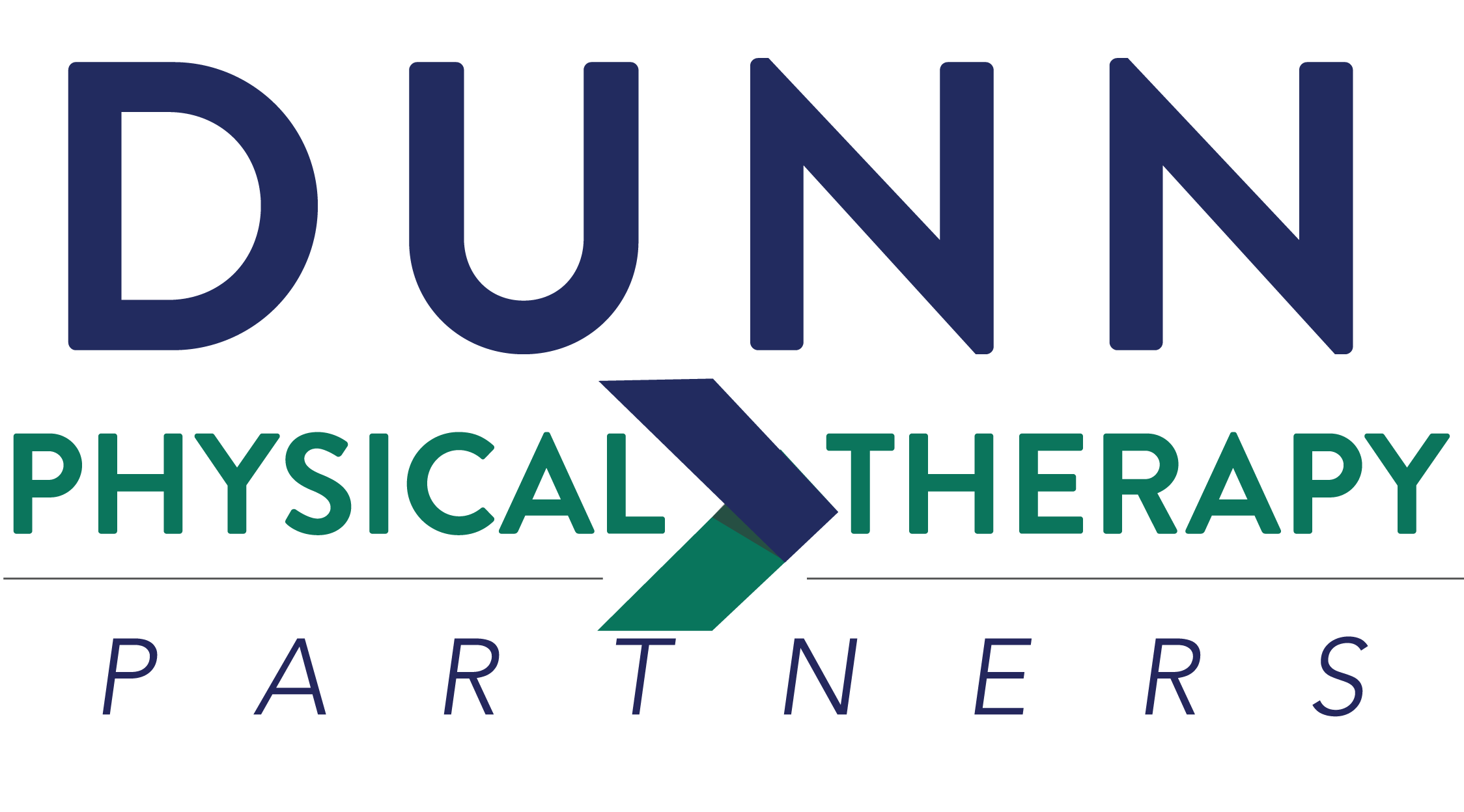Rotator Cuff Injury and Protection
Your shoulder is a critically important part of your body, a complex arrangement of bones, tendons, and muscles that perform essential functions. One of the most important areas of your shoulder is your rotator cuff. Unfortunately, it’s also one of the most easily injured and can be very painful.
Today we’ll talk about rotator cuff injuries, how they occur, and what you can do about them.
What is the Rotator Cuff?
Your upper arm is attached to your shoulder in a shallow socket that allows for extensive range of motion. Surrounding this joint is a group of muscles and tendons fittingly named the rotator cuff. The rotator cuff is used especially often in athletes or workers who repeatedly perform overhead motions, such as painters or carpenters.
With that said, rotator cuff injuries can still affect anyone, and get in the way of basic daily activities. An injured rotator cuff can prevent you from brushing your hair, putting on a shirt, or sleeping comfortably.
What are Common Rotator Cuff Injuries?
Rotator cuff injuries typically occur in the form of tears. if you lift something improperly or land on your outstretched arm during a fall, the excessive stress can tear one of the tendons. Most tears are considered partial tears, but a full-thickness tear can completely separate the tendon from the bone.
Some tears are also degenerative in nature, which is why rotator cuff injuries are most common in people over 40. They can also be due to bone spurs; these abnormal growths can rub against the tendons, causing premature wear and tear.
Another common rotator cuff injury is bursitis. Tiny sacs of fluid surround the rotator cuff, acting as a sort of cushion. When stressed, these sacs can become irritated, causing pain.
How Can You Prevent Rotator Cuff Injuries?
The good news is that most rotator cuff injuries are fully treatable, often just with rest. To prevent future injuries, it’s important to stretch the area (once healed) to increase its mobility. Athletes and physical laborers should perfect form and posture to minimize the risk of a rotator cuff injury.
Have you been feeling unusual pain or tenderness in your rotator cuff? Are you experiencing swelling or weakness around your shoulder or upper arm? You might have a rotator cuff injury. The good news is that physical therapy can help!
Independently owned and operated, Physical Therapy Partners can pair you with a skilled physical therapist for a customized, one-on-one treatment plan to help you regain your strength, range of motion, and quality of life. Contact us today to schedule your appointment!

